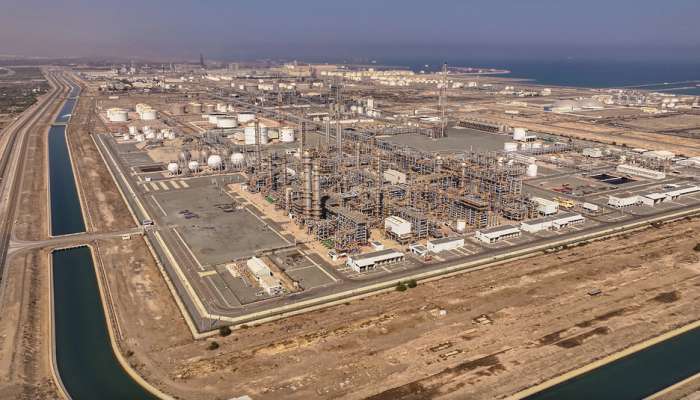Muscat: The Sultanate of Oman continues to cement its position as a promising investment destination in the region, leveraging its strategic geographic location linking Asia, Africa, and the Middle East, a stable economic environment, and modern legislation that boosts investor confidence.
Oman Vision 2040 has played a pivotal role in shaping a new phase of economic openness, activating domestic and foreign investment systems based on diversification and sustainability.
Significant legislative and regulatory reforms have underpinned this progress. The Foreign Capital Investment Law (Royal Decree No. 50/2019) permits 100% foreign ownership in most sectors, complemented by the Public-Private Partnership Law and Privatisation Law, which encourage private sector participation in major national projects. These reforms have helped Oman climb ten places in the Ease of Doing Business Index, now ranking 68th globally.
Digital transformation has further enhanced Oman’s investment landscape.
The Ministry of Commerce, Industry, and Investment Promotion launched the “Invest Easy” platform, later evolving into the “Oman Business” portal, simplifying company formation and licensing procedures. By Q3 2025, the platform had processed over two million electronic transactions, including more than 822,000 commercial licenses, positioning Oman as a regional model for streamlined services.
Infrastructure developments, including economic and free zones, offer investors incentives such as tax exemptions of up to ten years, customs duty waivers, and simplified access to industrial and commercial land.
These zones support Oman’s role as a regional and global logistics hub. Digital and technological advancements, including 5G networks and smart utility systems, have contributed to Oman ranking 35th globally in the electricity access index.
Real estate and urban planning reforms have also strengthened investor confidence. Property registration fees were reduced from 5% to 3%, foreign ownership in tourism development projects is now allowed under usufruct agreements for up to 99 years, and approval times for key permits have been cut from several months to under one month.
The Unified Municipal System and platforms such as Etemad for excavation permits have further accelerated urban development processes.
Environmental considerations are being balanced with economic growth. The Environment Authority capped environmental permit fees at OMR900 for three years and simplified project classification into three categories based on impact.
The government also launched the Invest in Oman centre, providing a dedicated account manager for each investment project and offering a transparent national investment map outlining available opportunities.
Faisal bin Abdullah Al Rawas, Chairman of the Oman Chamber of Commerce and Industry, highlighted that Oman has created an attractive investment environment supported by advanced infrastructure, legislative modernization, and private sector empowerment. “Oman Vision 2040 provides a clear roadmap for growth, focusing on innovation, entrepreneurship, and quality investment,” he said.
Dr. Mohammed bin Hamid Al Wardi, State Council member and economic analyst, noted that foreign direct investment reached OMR30.3 billion by mid-2025, nearly double the amount in early 2020.
Key drivers include attractive legal frameworks, development of new economic zones such as Al Dhahirah and Al Rawdah, and strategic targeting of sectors like oil and gas, green hydrogen, logistics, and manufacturing. Investments in green hydrogen alone are estimated at OMR14.6 billion OMR (USD 38 billion), representing a potential transformative leap.
Dr. Al Wardi emphasised the need for diversification, noting that 80% of foreign investment is concentrated in oil and gas, 9% in manufacturing, and 78% originates from the UK and US. Expanding investment across sectors and countries is essential to mitigate risks.
Abdul Latif Mohiuddin Khonji, Board Member of the Oman Chamber of Commerce and Industry, affirmed that legislative and procedural reforms have strengthened investor confidence, providing a stable and transparent environment. He highlighted the private sector’s critical role in attracting investments, generating employment, and supporting local industries, aligning with Oman Vision 2040’s objectives.
Oman’s investment environment stands out for harmonizing legislative modernisation with institutional stability, infrastructure integration, and digital transformation.
With ongoing diversification programmes in renewable energy, manufacturing, tourism, and the knowledge economy, the Sultanate is steadily reinforcing its position as a sustainable investment destination and a key pillar of the regional and global economic landscape.
